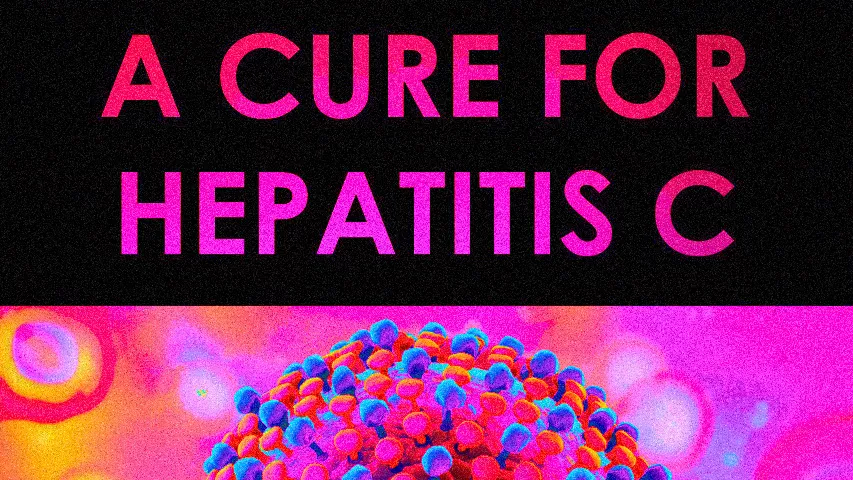Hepatitis A Basics
16395
Hepatitis A is a contagious liver infection caused by the hepatitis A virus. Hepatitis A can be prevented with a vaccine.

Hepatitis A
Dr.Deyn Natthakhet Yaemim, written on 28 January 2019. Last reviewed 3 March 2021Hepatitis A is a contagious liver infection caused by the hepatitis A virus. Hepatitis A can be prevented with a vaccine. People who get hepatitis A may feel sick for a few weeks to several months but usually recover completely and do not have lasting liver damage. In rare cases, hepatitis A can cause liver failure and even death; this is more common in older people and in people with other serious health issues, such as chronic liver disease.
How common is hepatitis A?
Since the hepatitis A vaccine was first recommended in 1996, cases of hepatitis A have declined dramatically. Unfortunately, in recent years the number of people infected has been increasing because there have been multiple outbreaks of hepatitis A. These outbreaks have primarily been from person-to-person contact, especially among people who use drugs, people experiencing homelessness, and men who have sex with men.
Best way to prevent hepatitis A
Vaccination is the best way to prevent hepatitis A. The hepatitis A vaccine is safe and effective. The vaccine series usually consists of 2 shots, given 6 months apart. Getting both shots provides the best protection against hepatitis A.
How is hepatitis A spread?
The hepatitis A virus is found in the stool and blood of people who are infected. The hepatitis A virus is spread when someone ingests the virus, usually through:
- Person-to-person contact: Hepatitis A can be spread from close, personal contact with an infected person, such as through having sex, caring for someone who is ill, or using drugs with others. Hepatitis A is very contagious, and people can even spread the virus before they feel sick.
- Eating contaminated food or drink Contamination of food with the hepatitis A virus can happen at any point: growing, harvesting, processing, handling, and even after cooking. Contamination of food and water happens more often in countries where hepatitis A is common. Although uncommon, foodborne outbreaks have occurred in the United States from people eating contaminated fresh and frozen imported food products.
International travel and hepatitis A
If you are planning to travel to countries where hepatitis A is common, talk to your doctor about getting vaccinated before you travel. Travelers to urban areas, resorts, and luxury hotels in countries where hepatitis A is common are still at risk. International travelers have been infected, even though they regularly washed their hands and were careful about what they drank and ate.
Contact us at info.bkk@pulse-clinic.com or chat on your preferred platform:
![]() +66 65 237 1936
+66 65 237 1936  @PULSEClinic
@PULSEClinic ![]() PulseClinic
PulseClinic
Add us on Line and stay in touch.
Loading...
Clinic Locations
Loading...







